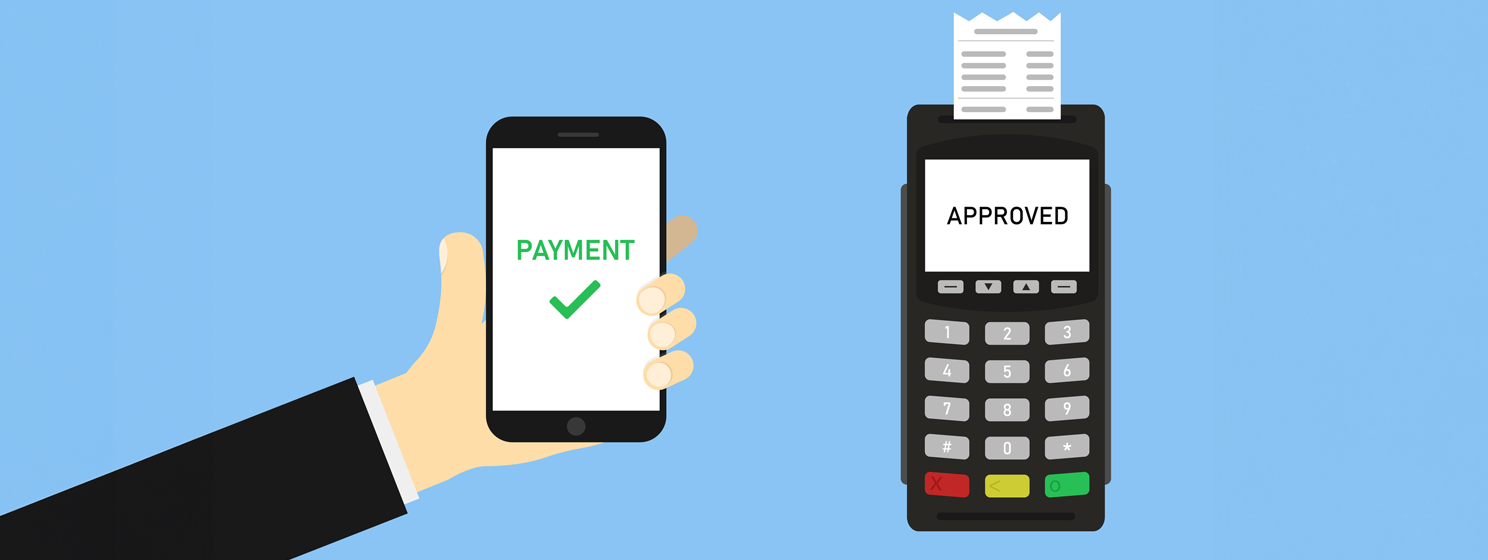|
Getting your Trinity Audio player ready...
|
India is pushing digitization of ticketing systems with Unified Payments Interface (UPI), one of the most popular QR code (scan and pay)-based payment systems.
India’s oldest metro, Kolkata Metro, a mass rapid transit system that started in 1984 with a North-South service, has introduced a UPI payment-based ticketing system at the automatic smart card recharge machines installed at select stations. With UPI-enabled ticket booking counters, passengers can now recharge their smart cards or purchase tokens with this alternate system instead of using cash at the stations.
The intention is to make metro rides more convenient and hassle-free, Kolkata Metro said in a statement.
Introduced in 2016, UPI has become popular as a single mobile application for accessing different bank accounts. It has expanded to Peru, Mauritius, Sri Lanka, Singapore, France, Bhutan and Nepal, processing over 13 billion monthly transactions.
The Kolkata Metro Railway authorities introduced the UPI-based ticketing system with the help of the State Bank of India (NASDAQ: SBKFF), India’s largest lender, and the Centre for Railway Information Systems, an organization under the Ministry of Railways that develops and maintains software for key functional areas of the Indian Railways.
As of March 2024, the Kolkata Metro covers roughly 119 kilometers (74 miles), and further expansion is underway. It carried 19.25 crore (192.5 million) passengers in 2023-24, an increase of 8.82% over 2022-23.
However, failure in UPI payments by passengers, about 10 to 15 incidents per day, is a matter of concern. While the Kolkata Metro authorities try to ensure that no such problem recurs in the future, the process for refunding failed payments has been initialized.
The world’s fastest-growing major economy has witnessed a record surge in digital payments as it strives to become a digital powerhouse while leveraging emerging technologies as a catalyst for economic growth and global presence.
“The pandemic and increased penetration of internet and mobile phones have only accelerated the use of digital payments, and the dependency on them will continue to increase in future,” according to a PwC report.
In May, the Reserve Bank of India (RBI) met major stakeholders in the UPI ecosystem—including banks, National Payments Corporation of India (NPCI), third-party application providers and technology service providers—to discuss potential strategies for further expanding the reach of UPI.
“There were wide-ranging discussions on various aspects to widen and deepen the adoption and usage of UPI,” the central bank said.
The stakeholders’ suggestions broadly covered strategies for scaling up UPI infrastructure and expanding the product portfolio, challenges encountered by the ecosystem and solutions for addressing them, and innovative ideas for integrating potential users into the digital payments ecosystem.
Watch: India is going to be the frontrunner in digitalization

 03-04-2026
03-04-2026 




